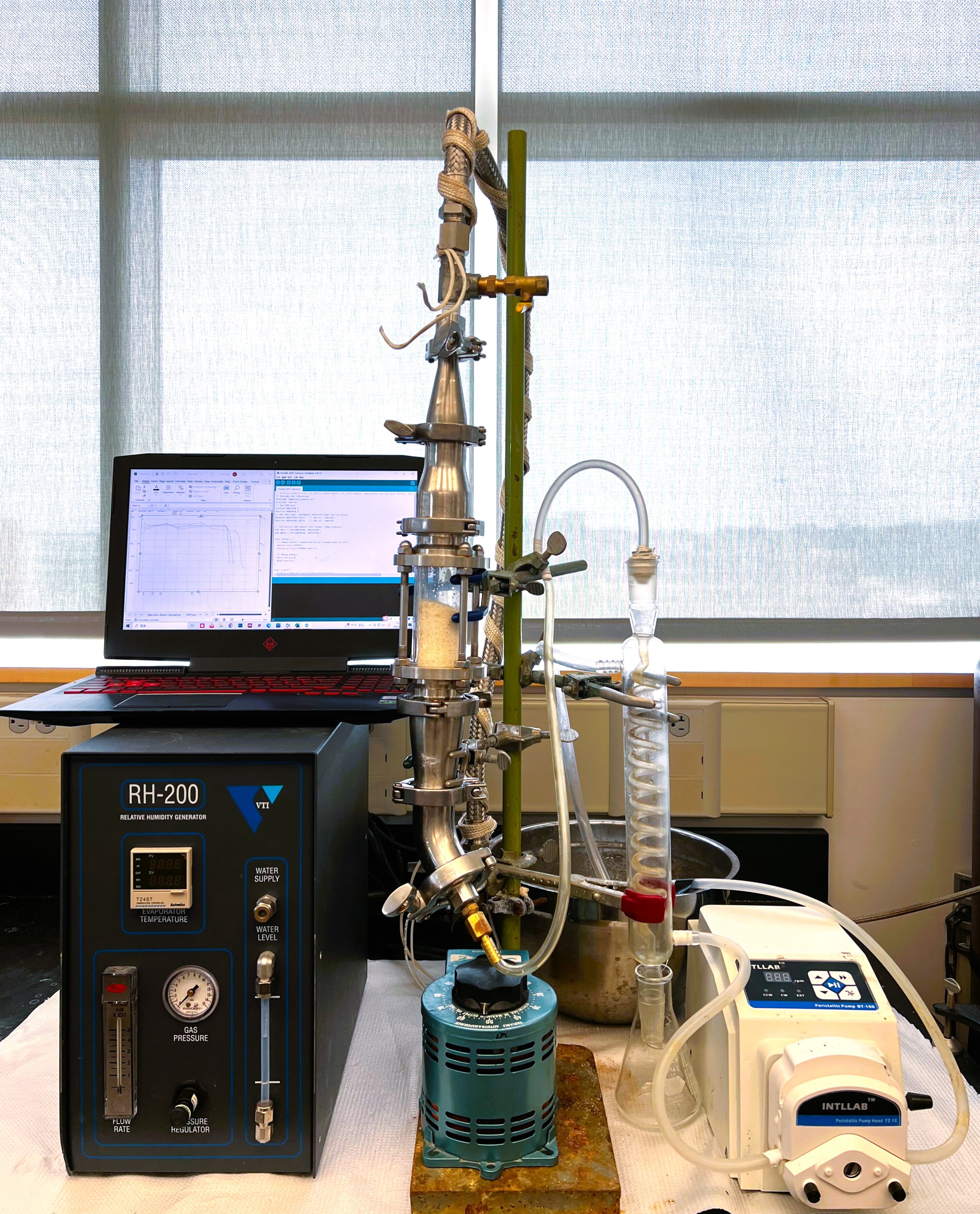Hypersaline brine produced by fracking has left us in a pickle, but new process could help dry it up
 techxplore.com
techxplore.com
Seemingly miraculous innovations have made it possible to slake the ever-growing thirsts of our industrial society. Need more energy? Frack it from deep-bedded rocks. Fresh water? Desalinate ocean flows. Precious metals? Leach them from low-grade ores that were previously unminable.
But these and other marvels leave us in a pickle—awash in a sea of hypersaline brine. This "brine"—wastewater containing levels of salt many times higher than seawater and often contaminated with pollutants—is a byproduct of these and other industrial processes, and it's a problem.
However, a new approach developed by SenGupta and visiting researcher Hao Chen (then a doctoral student) represents a leap forward in cleaning up and even potentially unlocking valuable resources lurking in the super-salty water.
A new solution
SenGupta and Chen have developed a new process, evaporative ion exchange (EIX), to concentrate brine at room temperature using air humidity and ion exchange. Unlike existing methods, EIX avoids scaling and fouling, and it's much faster than natural evaporation due to its efficient design.
It uses a polymeric ion exchange resin bead, a type of gel with a high concentration of charged functional groups, or atoms whose electrical charge binds with ions of opposite charge. When the bead comes into contact with water, the resin's internal pressure causes it to absorb water quickly while rejecting salts and other compounds.